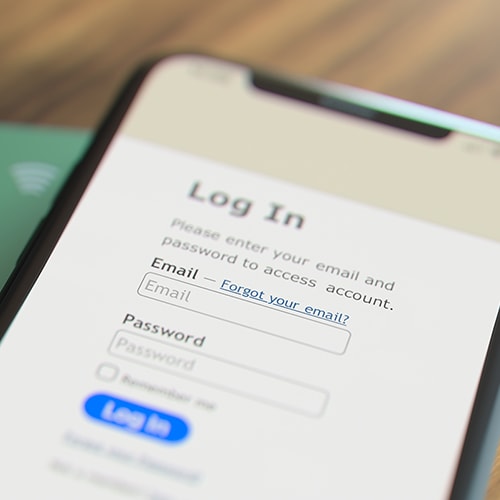Update: As of August 2025, National Public Data has returned under new ownership and is once again operating as a public data broker. Learn more about how to opt out of data broker sites like National Public Data to reduce exposure of your personal information and help protect your privacy.
What happened?
The National Public Data breach was a major security incident where unauthorized individuals gained access to a vast database, containing personal information.
According to a post from a cybersecurity expert on X, formerly Twitter, a hacker group that calls themselves USDoD claims to be selling the 2.9 billion records for citizens of the U.S., U.K., and Canada on the dark web for $3.5 million. National Public Data suspects the breach contains critical personal information, including social security numbers.
National Public Data's response
National Public Data has collaborated with law enforcement and governmental investigators to review the potentially affected records. They will provide updates if any significant developments arise that are applicable. National Public Data claims they have strengthened their security measures to help prevent similar breaches in the future and to better protect their systems.
How to protect yourself after the National Public Data breach
This data breach is an unfriendly reminder that your personal information is out of your control. It’s crucial to take steps to safeguard your personal information. Here are some practical tips:
- Monitor your accounts: Regularly check bank statements and credit reports for any unauthorized activity.
- Use strong, unique passwords: Avoid using the same password across multiple sites and opt for complex combinations of letters, numbers, and symbols.
- Enable two-factor authentication: This adds an extra layer of security to your accounts, making it harder for attackers to gain access.
- Be wary of phishing scams: Don’t click on suspicious links or provide personal information in response to unexpected emails.
- Keep software up to date: Ensure that your operating system and applications are updated regularly to protect against known vulnerabilities.
- Sign up for identity protection: LifeLock is a leader in identity theft protection and offers comprehensive services to help you take proactive steps after a data breach.
What to do if impacted by the National Public Data breach
If you suspect that your information has been compromised, take immediate action:
- Contact your bank and creditors to inform them of the potential breach and monitor your accounts closely.
- Place a fraud alert on your credit report to warn creditors of potential identity theft.
- Freeze your credit to prevent new accounts from being opened in your name.
- File a report with the Federal Trade Commission (FTC) for identity theft if your identity has been stolen.
- Stay informed by keeping up with communications from National Public Data and other relevant authorities regarding the breach.
LifeLock can help
The National Public Data breach serves as a reminder of the vulnerabilities inherent in our digital ecosystem, highlighting the importance of vigilance and protective measures for everyone. Protecting your identity is more important than ever.
LifeLock continuously monitors your personal information and alerts you of any suspicious activity. Our Restoration Specialists can help restore your identity if you do become a victim, and LifeLock’s Million Dollar Protection Package helps cover stolen funds and personal expenses incurred. LifeLock’s comprehensive Personal Data Exposure scan checks millions of data points for your information and shows you the results, so you can see your risk of losing money due to identity theft. You can gain peace of mind knowing you have taken proactive measures to safeguard against identity theft with LifeLock.
Run our comprehensive scan of millions of data points to see your risk of losing money due to identity theft.
Editor’s note: Our articles provide educational information. LifeLock offerings may not cover or protect against every type of crime, fraud, or threat we write about.
Start your protection,
enroll in minutes.
LifeLock is part of Gen – a global company with a family of trusted brands.
Copyright © 2026 Gen Digital Inc. All rights reserved. Gen trademarks or registered trademarks are property of Gen Digital Inc. or its affiliates. Firefox is a trademark of Mozilla Foundation. Android, Google Chrome, Google Play and the Google Play logo are trademarks of Google, LLC. Mac, iPhone, iPad, Apple and the Apple logo are trademarks of Apple Inc., registered in the U.S. and other countries. App Store is a service mark of Apple Inc. Alexa and all related logos are trademarks of Amazon.com, Inc. or its affiliates. Microsoft and the Window logo are trademarks of Microsoft Corporation in the U.S. and other countries. The Android robot is reproduced or modified from work created and shared by Google and used according to terms described in the Creative Commons 3.0 Attribution License. Other names may be trademarks of their respective owners.





